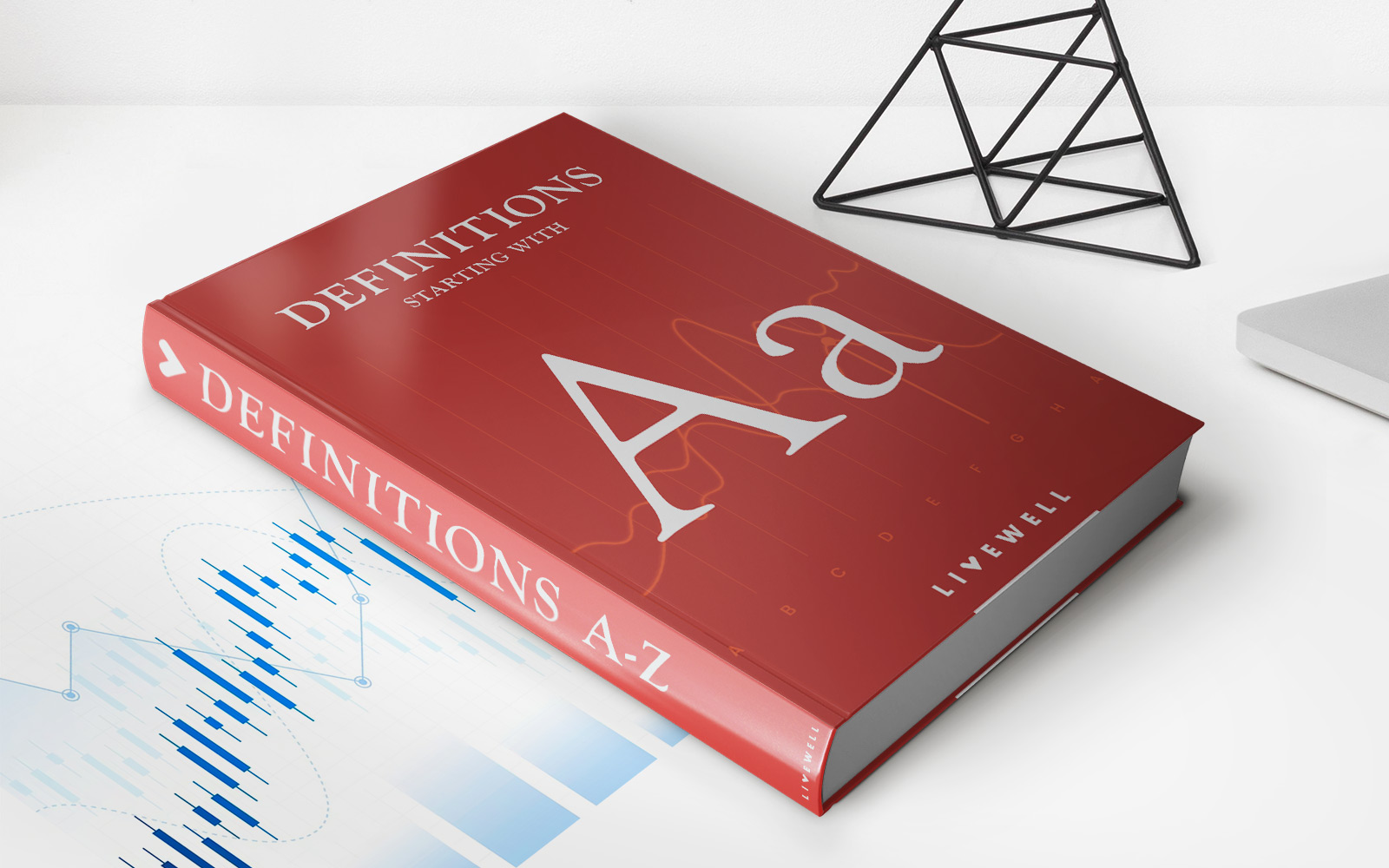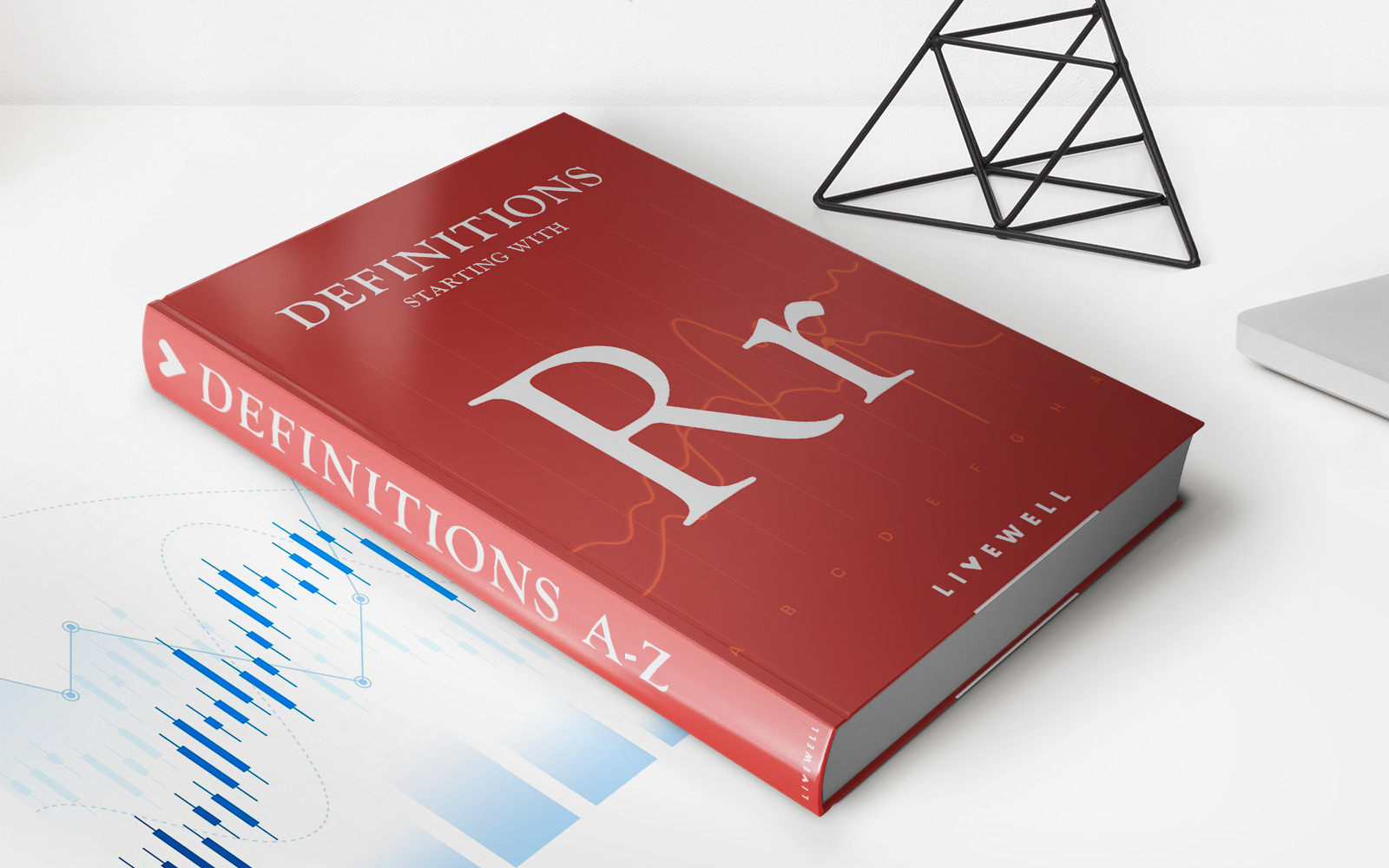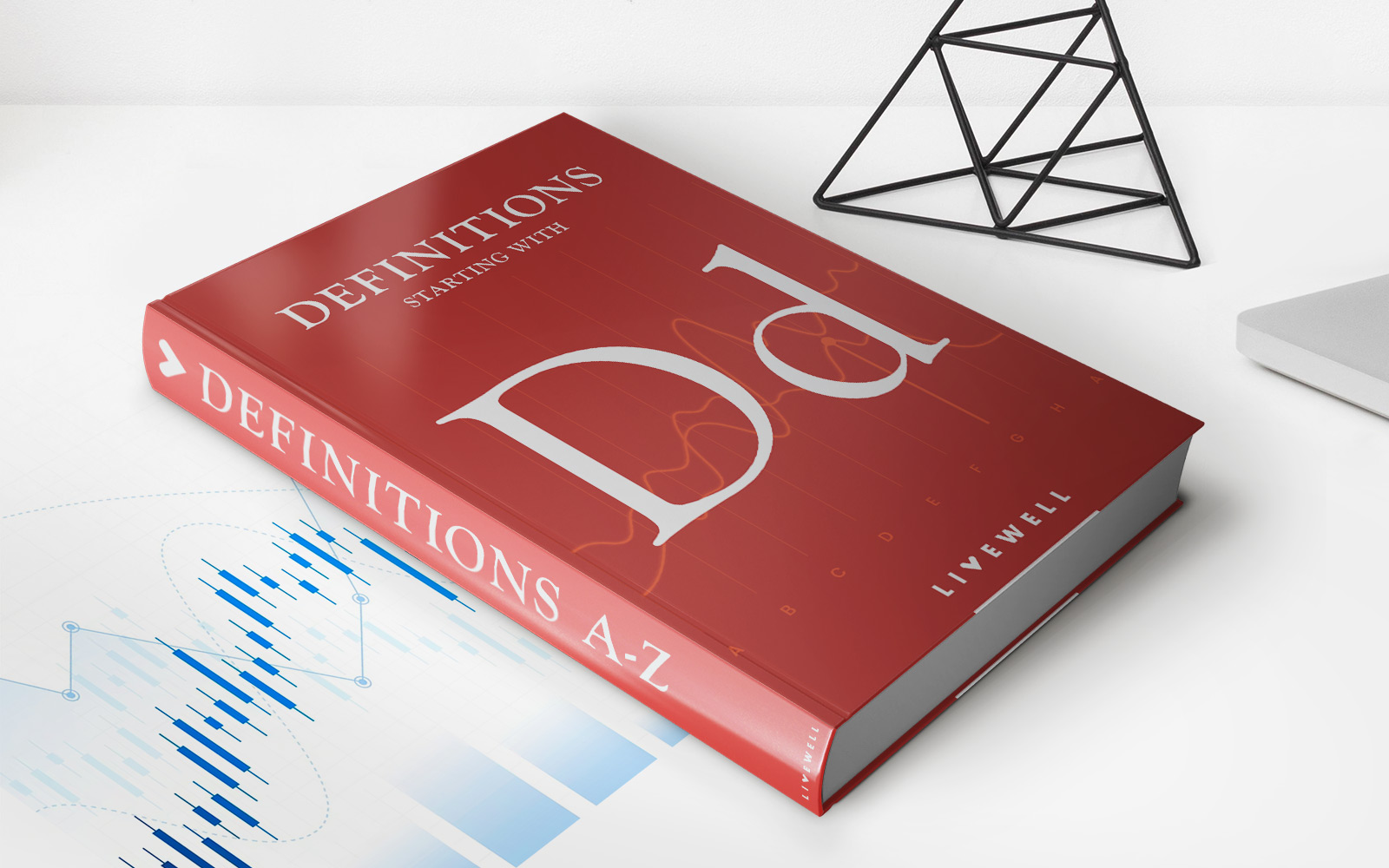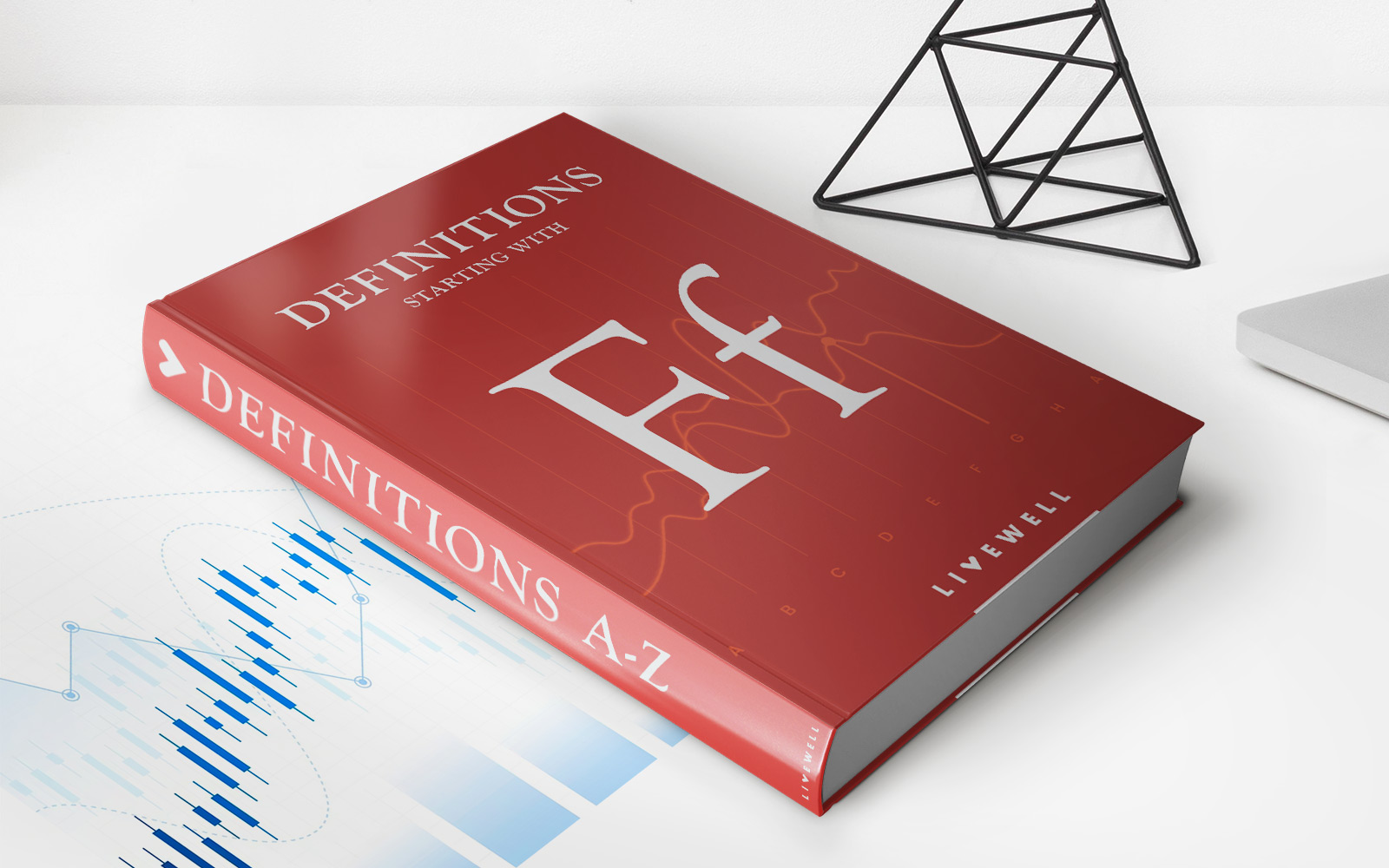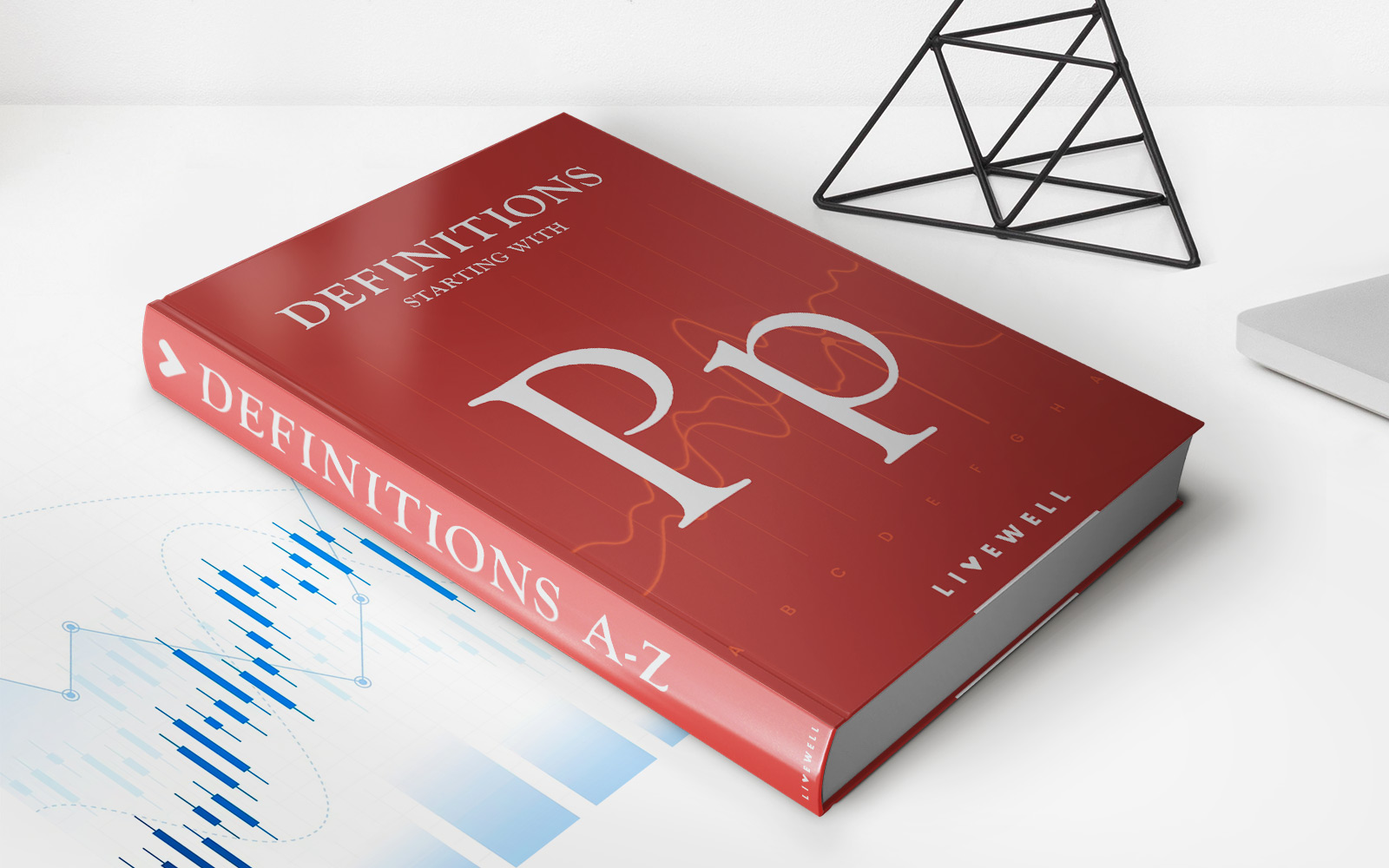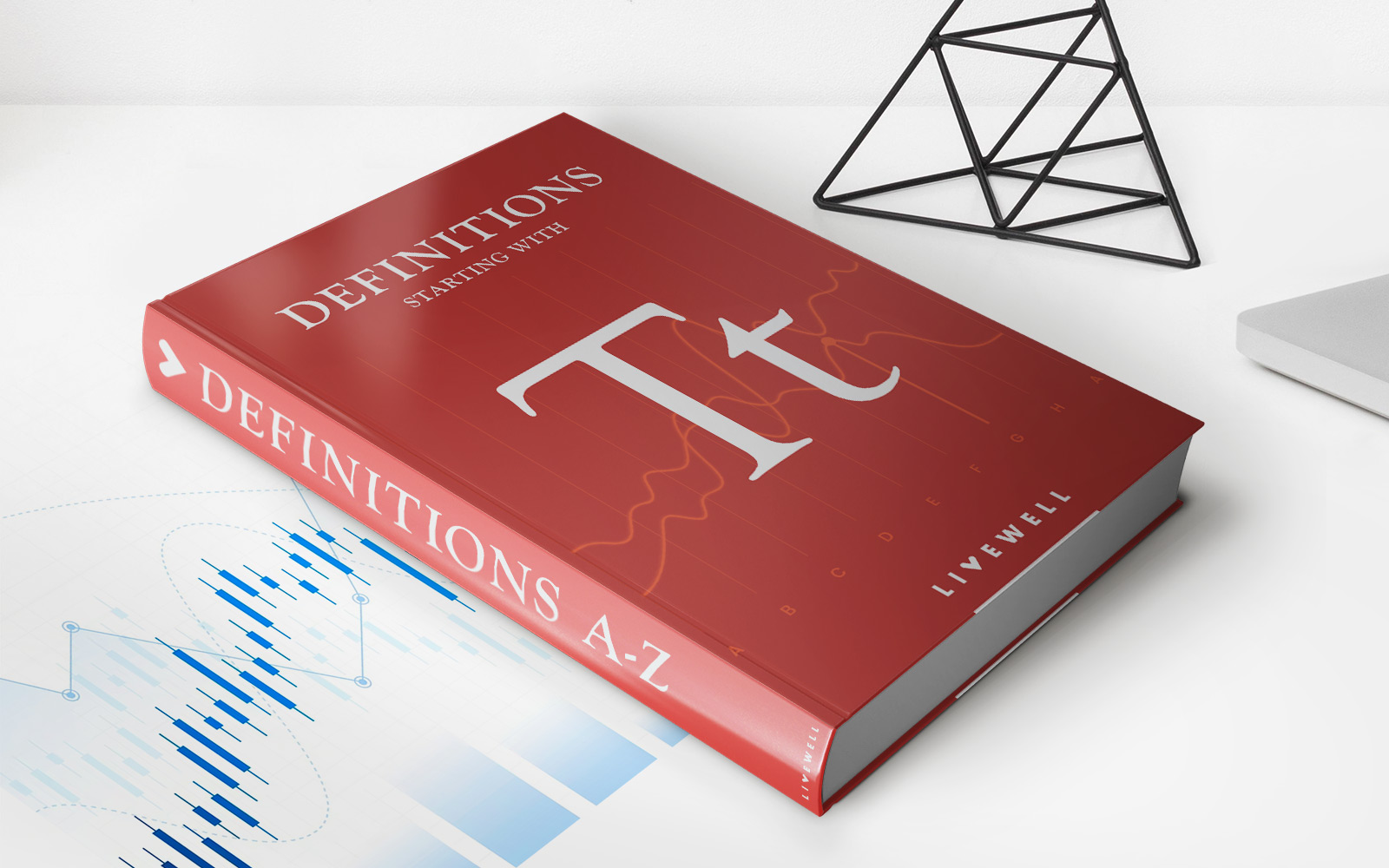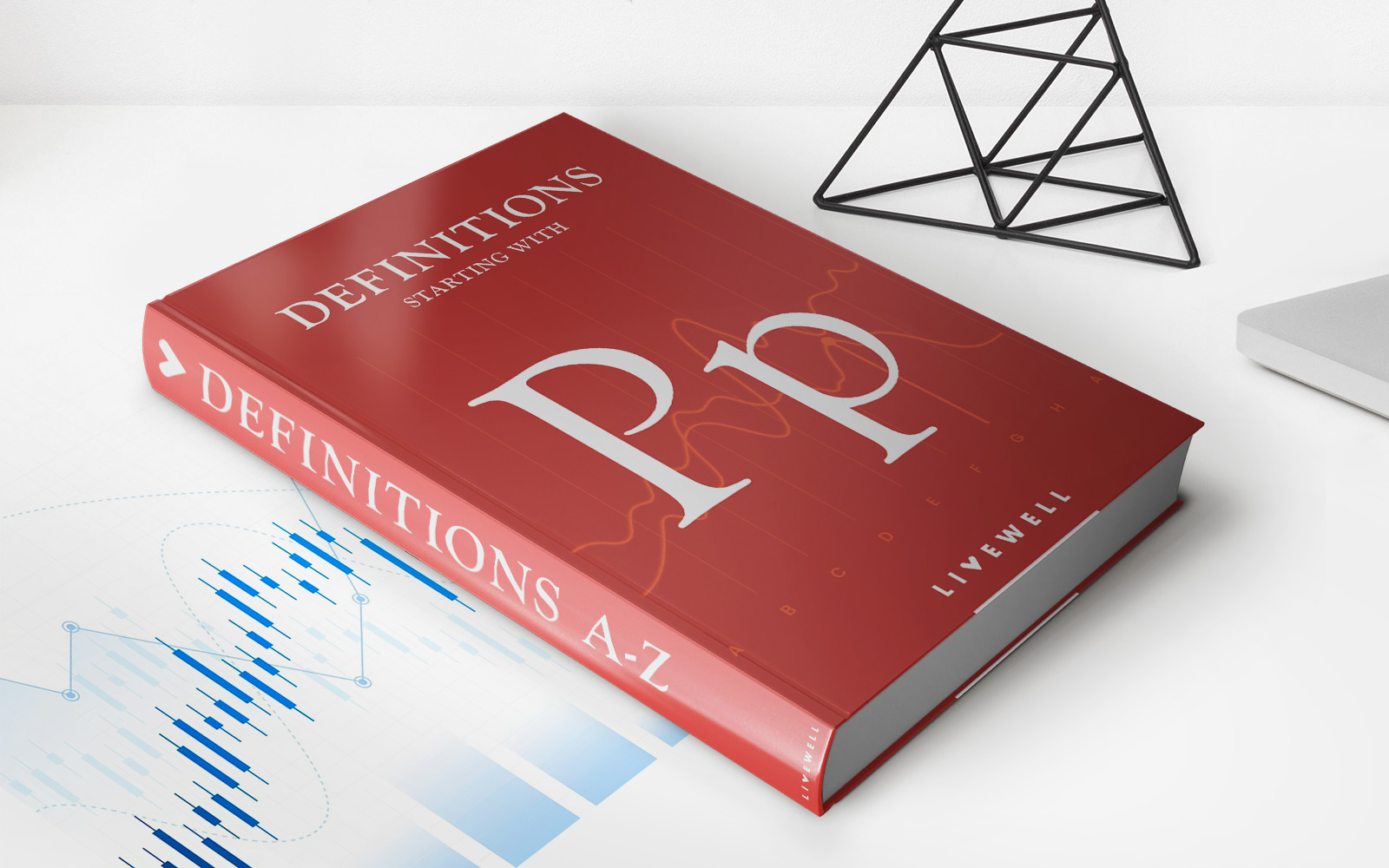Home>Finance>Warranty Deed: Definition, Types, And How It’s Used


Finance
Warranty Deed: Definition, Types, And How It’s Used
Published: February 17, 2024
Looking for information on warranty deeds in the world of finance? Learn about the definition, types, and how they are used in this comprehensive guide.
(Many of the links in this article redirect to a specific reviewed product. Your purchase of these products through affiliate links helps to generate commission for LiveWell, at no extra cost. Learn more)
Understanding Warranty Deed: Definition, Types, and How It’s Used
When it comes to the world of real estate, there are many legal documents and terms that can sometimes be confusing. One such document is the warranty deed. In this blog post, we will delve into the definition of a warranty deed, explore its different types, and understand how it is used in real estate transactions.
Key Takeaways:
- A warranty deed is a legal document that guarantees the grantor (seller) has the legal right to transfer the property to the grantee (buyer) and protects the grantee from any claims or defects in the title.
- There are different types of warranty deeds, including general warranty deeds, special warranty deeds, and quitclaim deeds. Each type offers varying levels of protection and assurances to the grantee.
So, what exactly is a warranty deed? In simple terms, it is a document that guarantees the seller has the legal right to transfer the property to the buyer. This means that the seller guarantees that there are no undisclosed claims, liens, or defects in the title that may affect the buyer’s ownership. In essence, a warranty deed provides the buyer with peace of mind and legal protection.
The Different Types of Warranty Deeds
There are three main types of warranty deeds commonly used in real estate transactions:
- General Warranty Deeds: A general warranty deed offers the highest level of protection to the buyer. It provides warranties for the entire history of the property, including previous owners. The seller guarantees that the title is free from any defects, both past and present.
- Special Warranty Deeds: A special warranty deed, also known as a limited warranty deed, offers a more limited level of protection. The seller guarantees that they have not caused any title defects during their ownership, but they do not provide assurances about previous owners.
- Quitclaim Deeds: Unlike general and special warranty deeds, a quitclaim deed offers no warranties or guarantees. It simply transfers the seller’s interest in the property to the buyer. This type of deed is often used in situations where the buyer is not concerned about potential title issues, such as transferring property between family members.
How is a warranty deed used in real estate transactions? When a property is sold, the seller (grantor) signs a warranty deed to transfer the property’s title to the buyer (grantee). The deed is then recorded in the county where the property is located. This recorded document serves as proof of ownership and protects the buyer’s rights against any future claims or disputes.
In conclusion, a warranty deed is an important legal document that provides the buyer with confidence and protection when purchasing a property. By understanding the different types of warranty deeds and how they are used, buyers can make informed decisions and ensure a smooth real estate transaction.
Remember, whether you are buying or selling a property, it is always advisable to consult with a qualified real estate attorney or professional to guide you through the process and ensure that your rights are protected.

